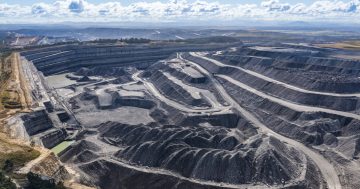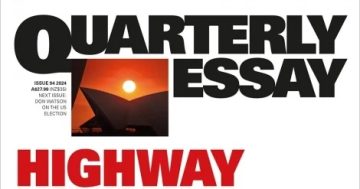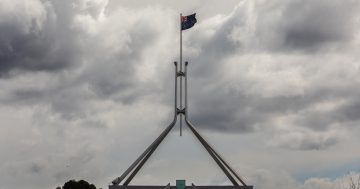
The International Court of Justice has ruled that Australia and other countries have a legal duty to prevent the harms of climate change. Photo: Supplied.
The world’s highest court has ruled that countries are legally obliged to prevent the harms of climate change even beyond their own borders, in a landmark decision that could have huge ramifications for Australia.
The International Court of Justice (ICJ) found nations have obligations beyond international treaties, such as the Paris Agreement, to protect the climate and act to prevent harm caused by fossil fuel greenhouse gas emissions.
These obligations are embedded in human rights law, the law of the sea, and other tenets of international law, and apply far beyond each country’s own borders.
The case was brought by law students in Vanuatu and referred to the ICJ by a United Nations General Assembly decision in 2023.
With the ruling, Vanuatu is now pushing for a UN resolution to implement the law and is suggesting it might sue Australia for damages.
Vanuatu’s Climate Change Minister Ralph Regenvanu said during an interview with ABC Radio National on Thursday (24 July) that litigation was now a serious option.
“According to the advisory the ICJ handed down today, Australia is committing internationally wrongful acts as it is sponsoring and subsidising fossil fuel production and excessive emissions,” he said.
“Australia is one of the major contributors to fossil fuel production. It’s the third-largest exporter of fossil fuels in the world. It’s a major contributor to emissions.
“It needs to align itself with the advisory opinion and cease this conduct that is contributing to emissions and start making reparations.”
Australia, along with the United States, China, Saudi Arabia and other big-emitting countries, argued in the ICJ that on climate change, nations were limited to international treaties and the UN’s framework convention.
But the court’s panel of 15 judges ruled otherwise, mandating a phase-out of fossil fuel production.
They ruled that countries could be found liable if they failed to do so.
“Failure of a State to take appropriate action to protect the climate system from emissions – including through fossil fuel production, fossil fuel consumption, the granting of fossil fuel exploration licences or the provision of fossil fuel subsidies – may constitute an internationally wrongful act which is attributable to that State,” the court said.
The ruling makes it clear that big-emitting countries, including Australia, must regulate the fossil fuel industry to prevent further harm from climate change.
The ICJ described climate change as an “urgent and existential threat” to humanity.
Failure to address it would constitute an “internationally wrongful act”.
Legal consequences could include “full reparations to injured states”, including “restitution, compensation and satisfaction”.
More than 100 groups and nations, many tiny Pacific island states, gave submissions during a two-week hearing in December.
The ruling was handed down on 23 July.
The ICJ is the only international court that adjudicates general disputes between countries.
It is one of the six principal organs of the United Nations, and its rulings serve as primary sources of international law.
It is often referred to colloquially as the World Court.
In addition to settling legal disputes submitted to it by states, it provides advisory opinions on legal questions referred to it by other arms of the UN.
Original Article published by Chris Johnson on Region Canberra.











